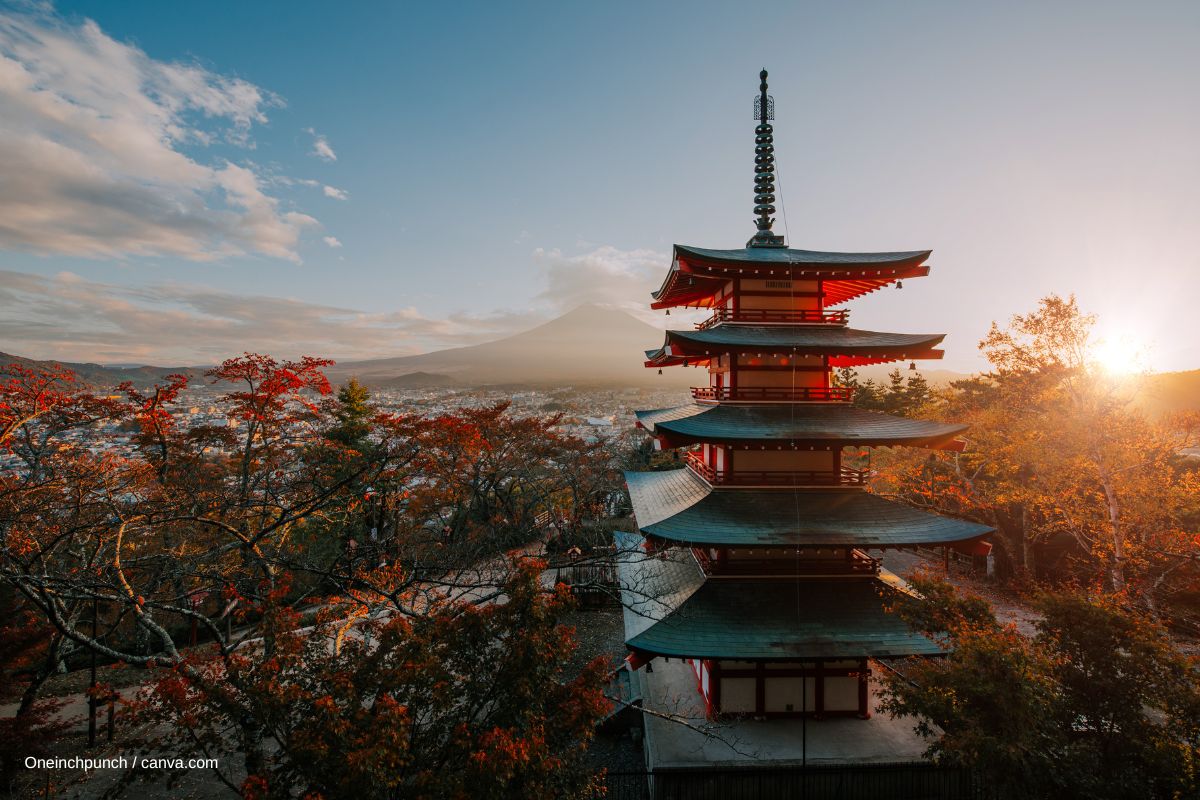Inemuri - the Japanese nap in between

Our sleep culture determines whenever it is time for a break. At the same time, interesting sleep concepts can be found in other parts of the world that differ significantly from our European ideas of rest and activity. The Japanese Inemuri, for example, makes it clear how deeply the concept of polyphasic sleep is rooted in Japanese culture. Find out how a restful nap affects body and mind and what you can learn from the Japanese people.
What is Inemuri?
In Western culture, we clearly separate recreational phases from our daily work routine. During the day, we devote ourselves to appointments, meetings, etc., so that we finally have time for leisure activities and regeneration in the evening after our exhausting day. Our well-deserved night's rest is celebrated accordingly: 7 to 8 hours of sleep at night is considered optimal. Traditionally, the situation is quite different in many Asian countries – even though they have now increasingly adapted to European sleeping habits. For a long time, so-called polyphasic sleep rhythms were common in Asia. In this rhythm, sleep at night is supplemented by short sleep phases during the day. Even today, people still swear by polyphasic sleep. In Japan, Inemuri is a special sleep concept that clearly contradicts our Western ideas of rest.
Literally translated, Inemuri means "to be present and to sleep". It thus describes the common form of nap in Japan, which is characterized above all by its flexibility. In fact, in Japan, people often take advantage of any window of opportunity that presents itself for a short rest. From commuting to work, to lunch in the office, or even in the middle of a meeting, the Japanese take the opportunity to briefly drift off into the realm of dreams. This also clearly distinguishes the Japanese nap from the forms of nap practiced in the West, such as the Spanish siesta, which usually involves a longer recovery break at a stretch.

What are the benefits of Inemuri?
If you had to look for an equivalent for the Japanese Inemuri in the West, you would probably end up with the power nap. Here, too, the aim is to recharge one's batteries quickly and to replenish empty reserves. It is therefore a short sleep in between, which usually does not exceed 20 minutes.
This brief respite is ideal for the body and mind and offers numerous health benefits:
- Strengthens the performance
- Supports stress reduction
- Prevents states of exhaustion
- Promotes a positive mood
- Boosts the immune system
- Increases creativity
- Improves memory
- Supports the cardiovascular system
These benefits make it clear that short bursts of sleep during the day are well worth it in terms of our well-being and help us be more productive and efficient throughout the rest of the day.

Permission to be tired: What we can learn from the Japanese
The belief that adults don't need a nap still prevails in our Western culture. Rest breaks in everyday life simply don't fit into our local daily rhythm. Instead, our daily routine demands uninterrupted productivity during the day. Thus, many people work from morning until night. In Japan, however, taking a break from work does not have the social stigma of laziness attached to it. On the contrary, many companies encourage their employees to take Inemuri, and even schools encourage their students to take a short snooze in between. Inemuri is thus socially accepted, because the Japanese do not interpret the need for rest as laziness but see something positive in a person's exhaustion: the person has given everything and worked so hard on their tasks that they now need a short break.
But even if our Western society does not yet accept napping for adults: The acceptance and normalization of states of exhaustion is something we can learn from the Japanese. After all, it's perfectly normal to fall into a performance slump at midday after a busy morning. Our brains are constantly running at full speed while we work, and it's unrealistic to demand uninterrupted performance and concentration. When you get tired during the day and your energy levels drop a little, your body sends out an important signal: Hello, my battery is empty, I need a little rest now!

Too much of a good thing? Why Inemuri doesn't interfere with your night's sleep
Japan is the country where adults get the least sleep. That's why no one there worries about Inemuri ending up disturbing the night's rest and making it difficult to fall asleep. And the way napping is practiced in Japan, the Japanese don't have to worry about their sleep quality either. The short sleep periods, lasting below 20 minutes, have an invigorating and refreshing effect. Yet it is the short sleep duration that makes the difference. Longer sleep phases during the day are in fact not recommended, because we switch to deeper sleep phases after 30 minutes. When we fall from light sleep into deep sleep, various processes take place in our body. Our body switches to the deep reparative mechanism and that is why it is particularly unpleasant for us to be awakened from deep sleep. We then feel much more tired than before our nap, so we have even less energy when we wake up. On the other hand, if you keep your short nap to 20 minutes, you don't have to worry about any consequences and enjoy a high quality of sleep during the night.
Photo credits:
Oneinchpunch / canva.com
PeopleImages / GettyImages
MichellePatrickPhotography / GettyImages
Jelena Danilovic / GettyImages
